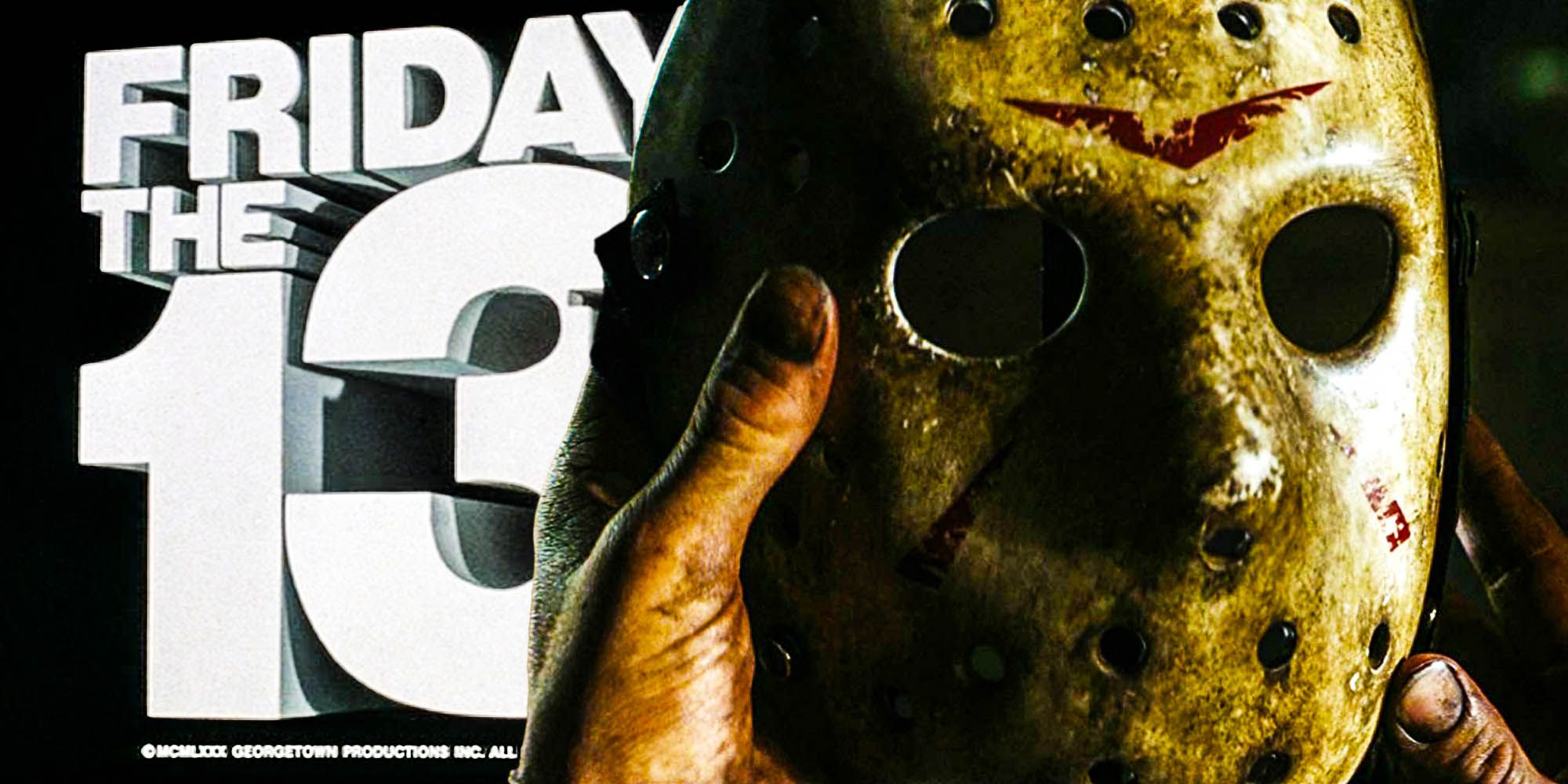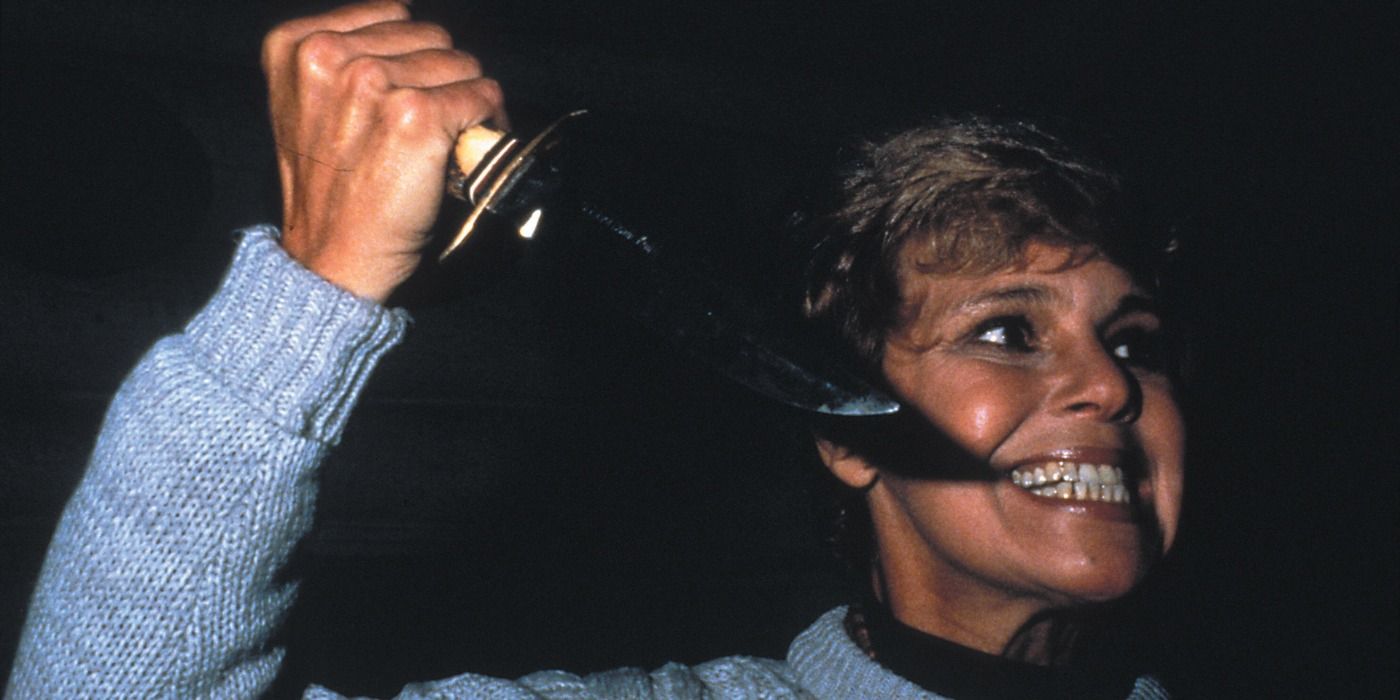The rights to Friday the 13th has officially been ruled in favor of writer Victor Miller, and it could well inspire significant change in Hollywood. The rights to the 1980 horror classic Friday the 13th have been under contention for some time, with the film's writer Victor Miller attempting to regain the rights to the film that spawned the iconic franchise. The film's director/producer, Sean S. Cunningham, argued that Miller's work on the screenplay was on a "work for hire" basis, meaning that he was ineligible to terminate copyrights — essentially, that the rights never belonged to Miller in the first place. In 2018, it was ruled that the screenplay wasn't a work made for hire and that Miller's claim was valid.
When Cunningham appealed the decision, it seemed that the rights to the film would remain mired in litigation, with some fearing the lawsuit would kill the Friday the 13th franchise — but it has now been definitively decided that Miller owns the rights to the film. The latest ruling deems Miller an independent contractor, not an employee, meaning that he has authorship rights over the original film's screenplay. This mirrors the ongoing legal issues of Disney/Marvel over the rights of a number of characters — something which has long proved a barrier to the ever-growing MCU since dating back to before its conception.
The precedent now set by the Friday the 13th case is a significant one. It marks a shift towards Hollywood actually being forced to honor the work of specific individuals, allowing writers and creatives to claim ownership over intellectual properties — and this could likely spell large-scale change for Hollywood. While the future of the Friday the 13th franchise is far from certain, the way in which Hollywood studios will have to conduct their business will likely also undergo a significant overhaul.
Awarding Victor Miller the rights to Friday the 13th has some fairly obvious implications. The largest is that it sets a new precedent. The creators of iconic characters — particularly those that have spawned franchises — may be able to regain the rights to their work through similar means. This could spell difficulty for producers looking to continue established franchises, and may well prove an obstacle to numerous planned reboots, remakes, and sequels actually getting made. The precedent may also influence the high-profile lawsuit regarding the rights to various Marvel characters. While many of the characters in question were created before the copyright law allowing Miller's victory was passed, it casts further doubt over how even the biggest studios will handle their various IPs. If there's a chance that a studio could be sued or tied up in litigation over the use of a character, it might be more plausible that those properties are quietly shelved until the situation is resolved.
While the lawsuit could potentially slow the near-constant stream of franchise reboots, remakes, and sequels for the time being, ultimately, this isn't the core issue with the Friday The 13th lawsuit. The ruling gives more power to screenwriters in terms of ownership and hints at a shift in Hollywood procedure. Going forward, screenwriters may have more creative control of their stories and characters. While time (and the deep pockets of Hollywood's biggest studios) will almost certainly see these copyright disputes cleared up, at the present moment, it's a rapidly changing landscape, and it's far from clear exactly how the Friday the 13th franchise will proceed with its complicated copyright situation.
The Friday The 13th Movies That Actually Take Place On The Date


